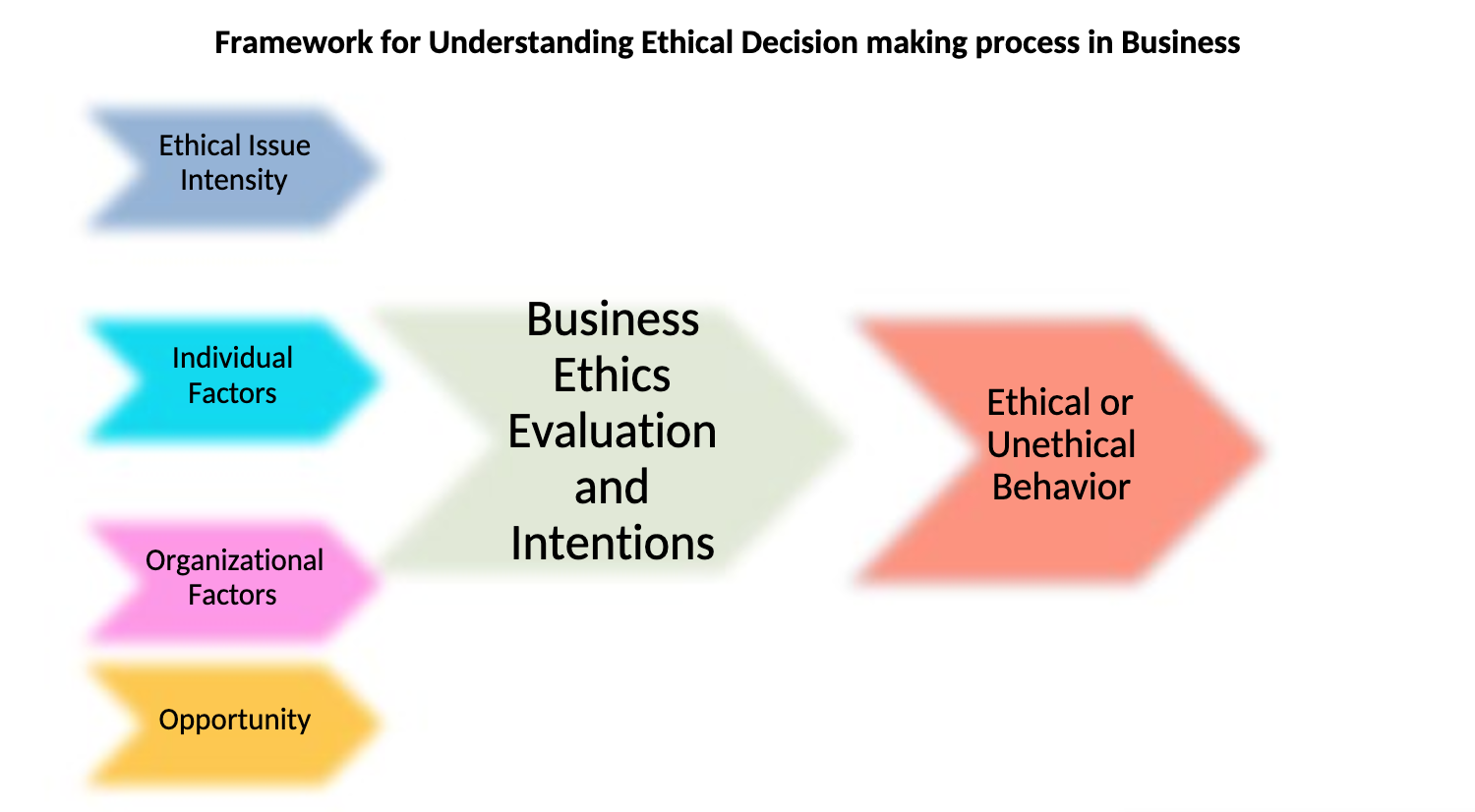
What's becoming increasingly clear is that it's unproductive to think of morality in terms of strict dualities - it's common to discuss emotion and intuition interchangeably, but while our intuitive responses are often emotional (we think of intuitions as "feelings"), they may stem from reasoning that, for practical purposes, has been internalized. The rational, consequentialist choice is to push the one man to save the five. Our immediate, emotional reaction against pushing the man to his death is deontological it follows the rule that killing, no matter the circumstances, is wrong. These systems are linked to consequentialist and deontological ethics, respectively - take the infamous trolley problem, where we face the choice of whether or not to push one man off a bridge to stop a trolley which otherwise would kill five people in its path. According to Joshua Greene's dual process model, there are two systems that influence our moral judgments: an explicit, rational system and an implicit, emotional system.


There is some evidence supporting Haidt's theory, but the role of emotions in moral judgments is likely more nuanced.Ī slightly different theory suggests that reason plays a bigger role in our moral decisions - but still not as big as proponents of human rationality would like to believe. For example, feelings of disgust induced by unpleasant smells have been shown to lead to more severe moral judgments. One interesting consequence of this is that unrelated emotions can influence our moral judgments, often without our conscious awareness.

In a similar line, SIM proposes that emotional intuitions drive the moral judgments we make, while rationales and justifications are generated post hoc. Hume observed that moral judgments were not derived from reason, but from moral sentiments. One of the most intriguing models of moral judgments, the Social Intuitionist Model (SIM) proposed by Jonathan Haidt, has its roots in the philosophy of Hume.


 0 kommentar(er)
0 kommentar(er)
